EUROPE was supplied with an EMERGENCY DELIVERY of liquified natural gas amid ongoing SHORTAGES due to RUSSIA SANCTIONS
In response to the ongoing energy crisis sparked by Russia’s invasion of Ukraine and the resulting sanctions, Europe has received an emergency delivery of liquefied natural gas (LNG). This delivery marks a critical moment in Europe’s efforts to secure its energy supply as the continent faces severe shortages and rising energy prices. With Russia’s role as a major supplier of natural gas to Europe significantly disrupted, this emergency delivery is an essential step toward mitigating the effects of the crisis and ensuring energy security for European nations during the winter months.
The impact of Russia’s sanctions on Europe’s energy supply
Since Russia’s invasion of Ukraine in early 2022, Europe has taken unprecedented steps to impose sanctions on Russia, aiming to weaken its economy and put pressure on its government. One of the key sectors targeted by these sanctions has been energy, with Russia traditionally being one of the largest suppliers of natural gas to Europe. As a result of these sanctions, Russia has dramatically reduced its exports of natural gas, forcing European countries to seek alternative sources to meet their energy needs.
The cut in Russian gas supply has led to a severe energy crisis, with European nations struggling to fill the gap left by Russia’s absence. Natural gas shortages have caused energy prices to soar, putting a strain on both businesses and households. With winter approaching, the need for reliable energy sources has become even more critical. The emergency LNG delivery is part of a broader strategy by European nations to diversify their energy sources and reduce their dependence on Russian energy supplies.
The emergency LNG delivery
To alleviate the immediate crisis, Europe has turned to global markets for LNG, a form of natural gas that is cooled to liquid form for easier transport via ships. This emergency LNG delivery is a part of Europe’s larger effort to source gas from other regions, including the United States, Qatar, and other LNG-exporting countries. The cargo, which arrived at a key European port, is a significant boost to the continent’s energy reserves and will help to meet the short-term demand for natural gas during the winter heating season.
LNG shipments are typically more expensive than traditional pipeline gas, but they provide a crucial lifeline in the face of supply disruptions. As countries scramble to secure their energy needs, the international demand for LNG has risen, driving up prices. Despite the higher costs, European nations are determined to secure enough LNG to ensure they can continue to power homes, businesses, and essential services.
The challenge of securing alternative energy sources
Securing alternative energy supplies has not been an easy task for Europe. While the emergency LNG delivery has provided some relief, it is only a temporary solution to the much larger challenge of finding long-term alternatives to Russian gas. The rapid shift away from Russian energy supplies has prompted European nations to look at a variety of options, including increasing LNG imports, boosting renewable energy production, and exploring new pipeline connections with countries like Norway.
However, these solutions take time to implement, and Europe remains heavily reliant on energy imports to meet its needs. The reliance on LNG, while critical in the short term, is not a sustainable solution on its own due to the high cost and limited availability of LNG cargoes. European governments have been working to build new infrastructure for importing LNG and to diversify their energy sources, but these efforts are still in the early stages.
The role of the United States in Europe’s LNG supply
One of the key suppliers of LNG to Europe has been the United States, which has significantly increased its shipments to European ports in recent months. The U.S. has become a vital partner in helping Europe navigate the energy crisis caused by Russia’s actions. American LNG exporters have ramped up production to meet the increased demand, while European countries have been quick to secure long-term contracts with U.S. suppliers to ensure stable gas supplies.
The increased cooperation between the U.S. and Europe on LNG has also been seen as a strategic move to reduce Europe’s reliance on Russia and strengthen transatlantic ties. As Europe continues to grapple with the energy crisis, the U.S. has emerged as a critical ally in maintaining the continent’s energy security, with both governments working together to address supply chain challenges and rising costs.
The broader implications of Europe’s energy crisis
Europe’s energy crisis, exacerbated by the sanctions on Russia, is having far-reaching consequences beyond just the immediate impact on natural gas supplies. The soaring energy prices have led to widespread inflation, affecting everything from household heating costs to the price of goods and services. The energy shortages have also put significant pressure on businesses, many of which have faced skyrocketing operational costs.
In addition to economic challenges, the crisis has also heightened geopolitical tensions. As Europe seeks alternative energy sources, countries that were once major partners with Russia are now being courted by European nations for new energy deals. The growing importance of LNG has also shifted the global energy market, with LNG-exporting countries gaining more leverage in international negotiations.
Furthermore, the energy crisis is prompting European nations to accelerate their transition to renewable energy sources. As part of the European Union’s Green Deal, many countries are pushing for greater investments in solar, wind, and other renewable energy technologies to reduce their long-term dependence on fossil fuels. The ongoing crisis has underscored the urgency of this transition and has led to increased political will to invest in green energy solutions.
The future of Europe’s energy security
The emergency LNG delivery is a step in the right direction for Europe, but the continent’s energy security remains fragile. In the short term, securing LNG supplies and managing energy costs will be critical for European nations. However, in the long term, Europe must continue to diversify its energy sources, reduce reliance on fossil fuels, and increase its investments in renewable energy.
The European Union is already working on new policies to ensure that the continent’s energy future is more secure and sustainable. This includes initiatives to expand renewable energy production, increase energy efficiency, and improve energy storage capabilities. The crisis has highlighted the need for Europe to become less dependent on external sources of energy, especially those from politically unstable regions.
In Conclusion
Europe’s emergency delivery of liquefied natural gas represents a critical response to the ongoing energy crisis caused by Russia’s sanctions. While the delivery provides short-term relief, the broader challenges of securing stable, affordable energy remain. As Europe continues to navigate these challenges, the importance of diversifying energy sources and investing in renewable technologies will become increasingly clear. The crisis has underscored the need for a long-term energy strategy that prioritizes sustainability, resilience, and energy independence. Europe’s ability to adapt to these challenges will shape its future energy landscape and geopolitical standing.
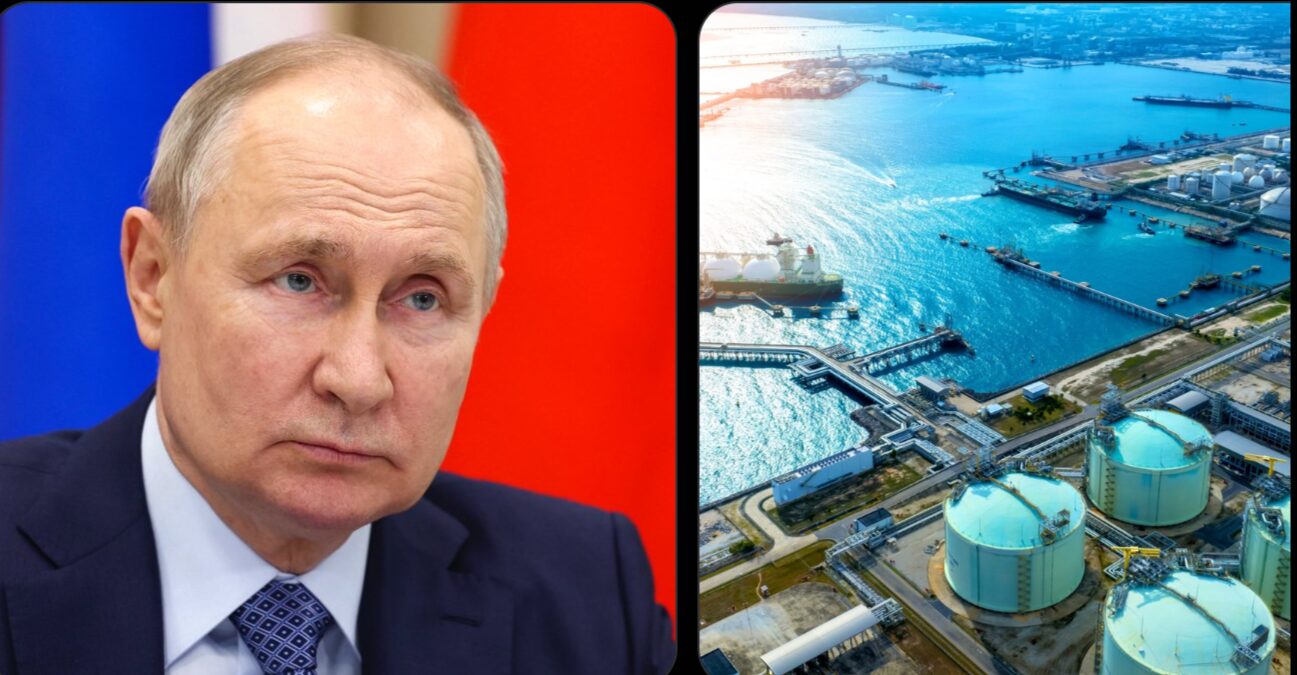

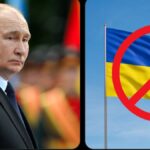
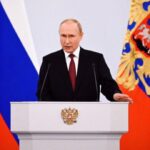
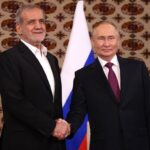
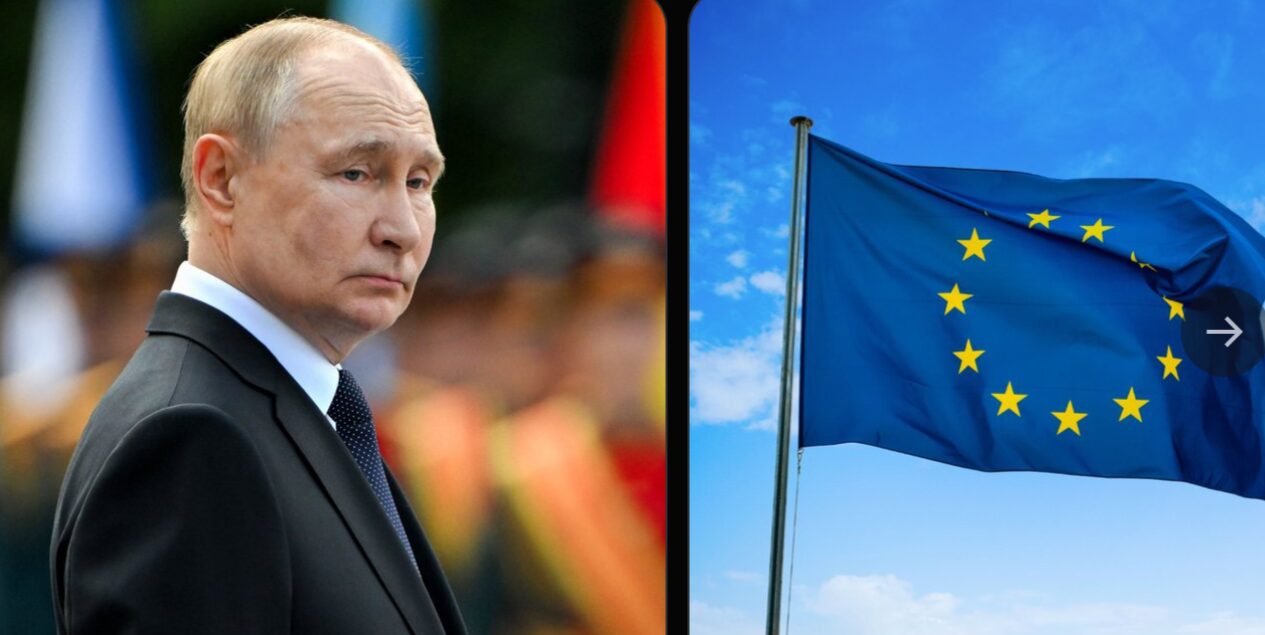
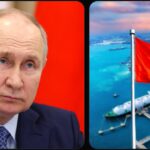










Post Comment